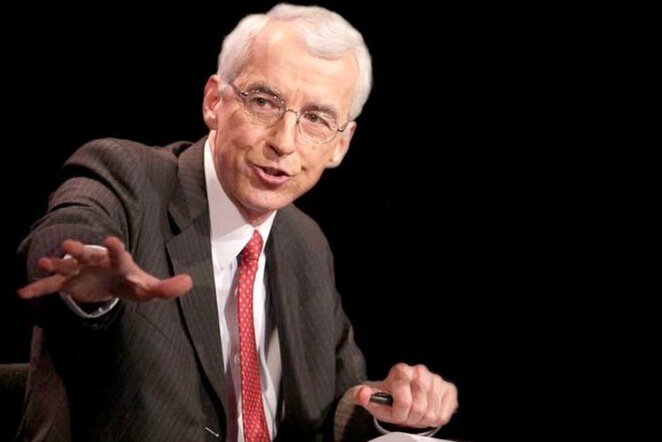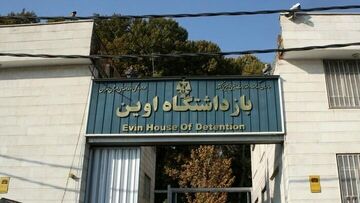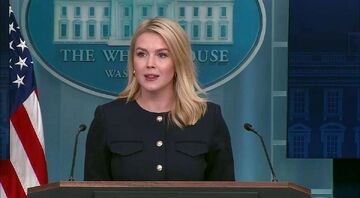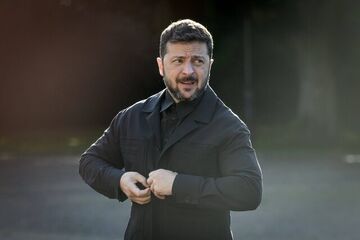TEHRAN(Bazaar) – Professor Paul Pillar, who was CIA intelligence analyst for 28 years, says it is difficult to be optimistic after the reports that came out of this round of talks on the JCPOA.
He adds that “The Iranian side's demands go well beyond what many observers (myself included) expected. Perhaps what the Iranians presented is an initial (for the new Iranian administration) position that is intended to show determination and will not be maintained.”
Following is the text of the Bazaar interview with Professor Paul Pillar:
Bazaar: The seventh round of Vienna talks started and the negotiating parties returned to their capitals to consult on the two documents delivered by Iran. What is your assessment of this round of negotiations?
Pillar: It is difficult to be optimistic after the reports that came out of this round of talks. The Iranian side's demands go well beyond what many observers (myself included) expected. Perhaps what the Iranians presented is an initial (for the new Iranian administration) position that is intended to show determination and will not be maintained. But the idea of making demands that go beyond the terms of the original JCPOA is very discouraging.
Bazaar: According to some news, two Iranian documents are about 70% contrary to the previous agreements in the 6 rounds of negotiations held in Vienna. Iran has called for more sanctions to be lifted and a reduction in its nuclear commitments. What do you think will be the reaction of the other side?
Pillar: We already have seen a strongly negative reaction from many who are on the other side and especially from the United States. Probably most of the Americans and many of the Europeans expected that there would be some hardening of the Iranian position under Raisi but did not expect that it would harden this much.
Bazaar: While French President Emmanuel Macron called this round of talks a failure, whereas Enrique MORA. Deputy Secretary-General European Union described this round of talks as realistic and said that the talks might end next week. What are the reasons for this fundamental discrepancy in positions?
Pillar: Mr. Mora is chairing the proceedings and has an institutional responsibility not to dismiss what has happened as a failure. President Macron sits at one remove from the talks and is freer to give a blunt characterization of them.
Bazaar: Given the atmosphere in the Vienna talks, will there be a general agreement or a limited, step-by-step agreement or basically no agreement at all?
Pillar: I would rate the odds of getting any agreement within the next several weeks--either general or limited--as less than even. We might have no new agreement for the foreseeable future, but without the sides officially declaring the negotiations dead.















نظر شما